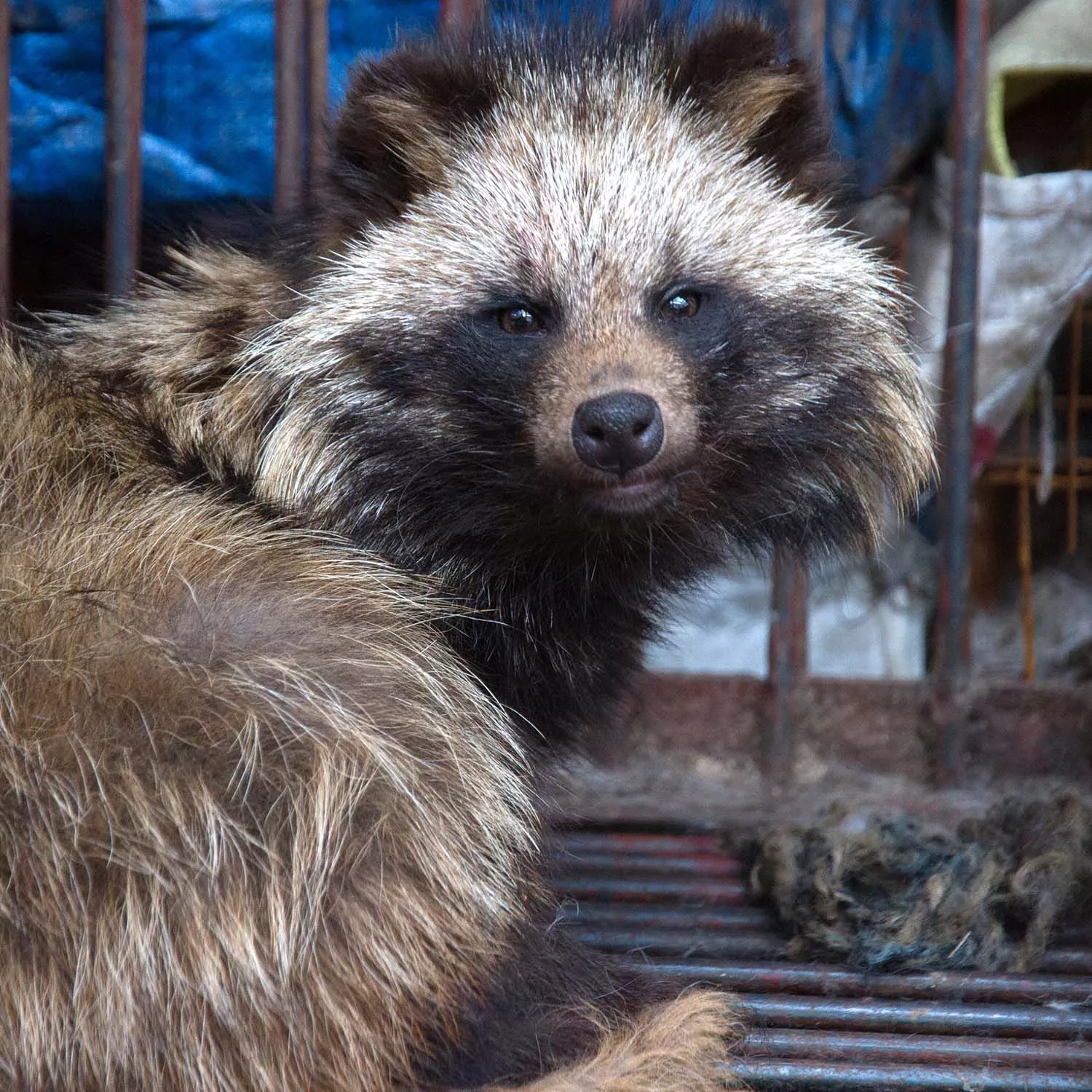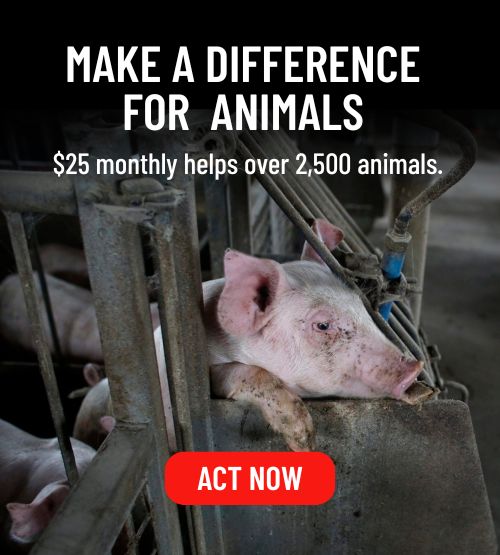The Danger And Cruelty Of Wet Markets
TOGETHER, OUR VOICE REACHED THE UNITED NATIONS!
Last year, we launched an international campaign to demand a ban on the sale and slaughter of live animals at wet markets around the world. Our petition addressed to the United Nations (U.N.) has collected more than five hundred thousand worldwide signatures.
On June 17, 2021, the signatures were delivered to U.N. asking the governing body to publicly acknowledge the risks live animal sales pose to global health, urging policymakers all over the world to restrict wet markets from selling live animals.
This international action marks a great milestone in the fight for animals that would not have been possible without you.
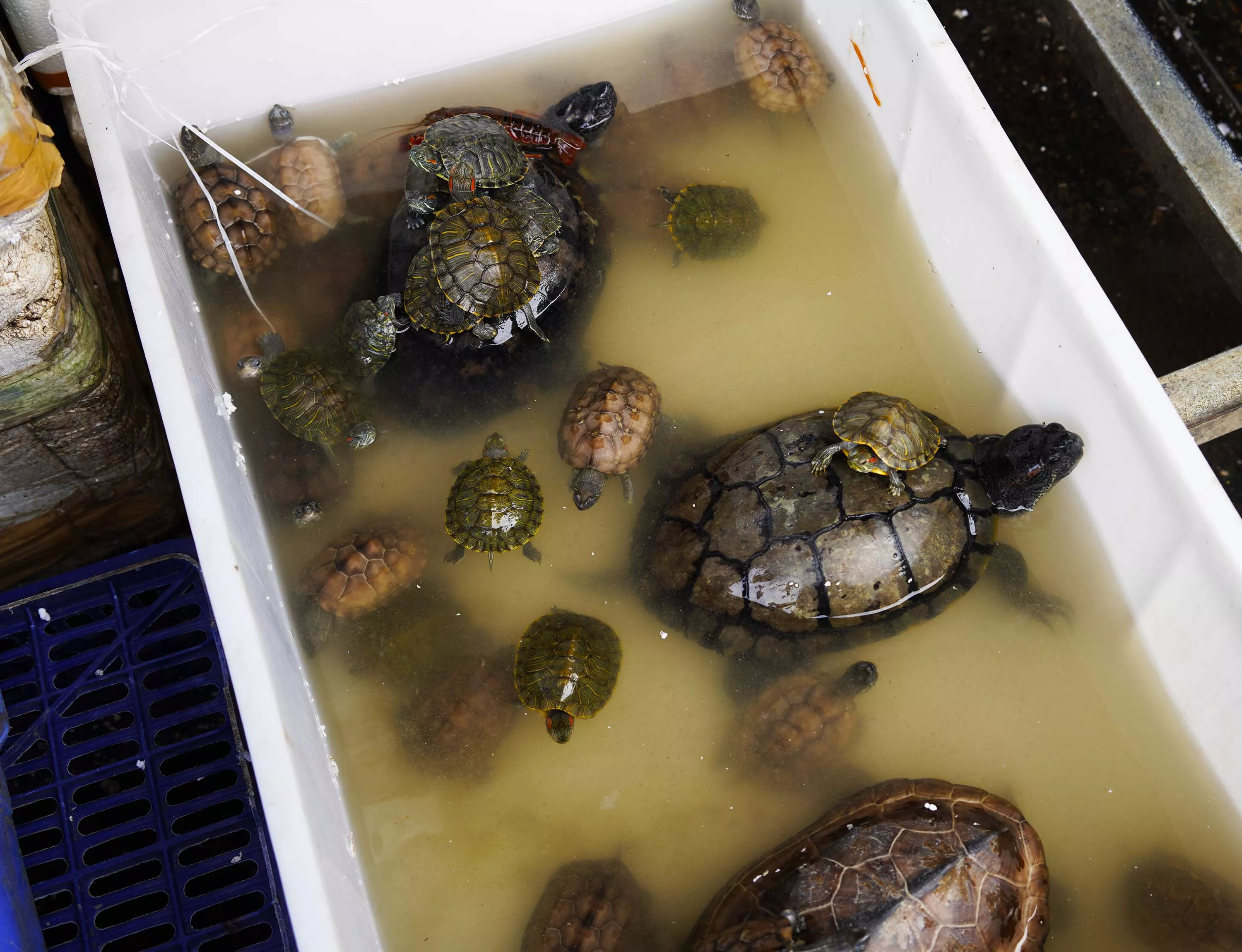
Singapore Bans Sale and Slaughter of Live Frogs and Turtles at Wet Markets
In a move that could save thousands of animals each year, Singapore’s government banned the practice of selling and slaughtering live frogs and turtles at wet markets following a review of the treatment and dangers of live animals sold for food.
Demand that wet markets be immediately banned wherever they are operated. Sign the petition now!
NOTHING HAD CHANGED WHEN WE RETURNED
In collaboration with local activists, our investigative team returned to where scientists believe COVID-19 began: China’s wet markets.
Our team determined that it was important to monitor the situation within the country’s wet markets to find out if anything had really changed, as many media outlets repeatedly announced. We had an obligation to the more than half a million people who had already signed our petition to end these markets—places where humans come into contact with wild and farmed animals, creating breeding grounds for emerging zoonotic diseases. We had to return to these live animal markets to report the truth.
This is not the first time our investigators have infiltrated these markets where living and dead, wild and domestic animals are sold for consumption. Between 2014 and 2019, we captured shocking images of wet markets in China, Vietnam, and India, which documented extreme neglect and cruelty in these places.
The footage we were able to capture when we returned to China in 2020 reveals that the threat to public health and safety is ongoing. Despite the pandemic that has changed our lives, these places (where COVID-19 is thought to have originated) are still open to the public, drawing massive crowds of people, and worse, continuing to trade and brutally kill animals of all kinds.
THE SUFFERING OF ANIMALS CONTINUES
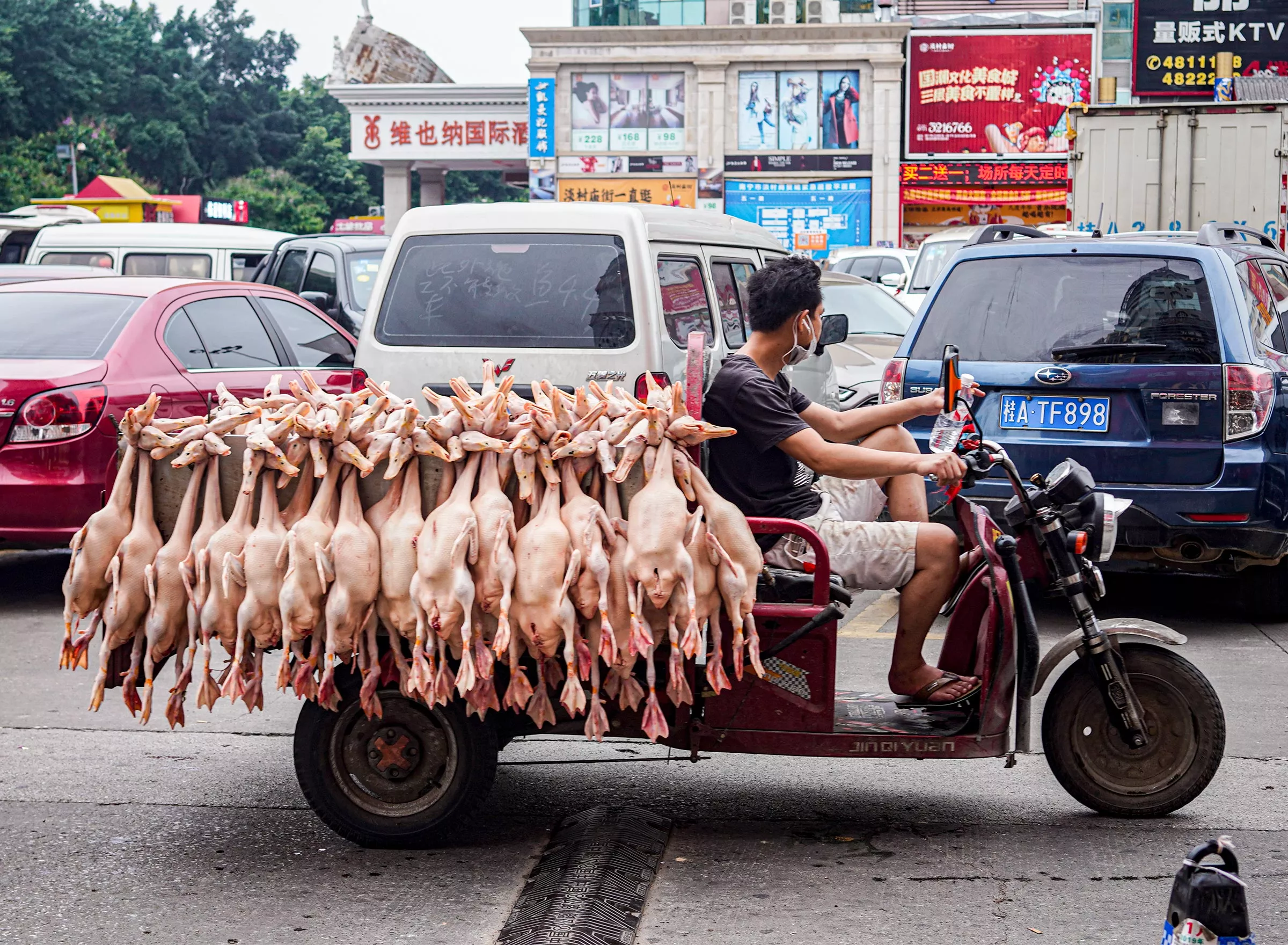
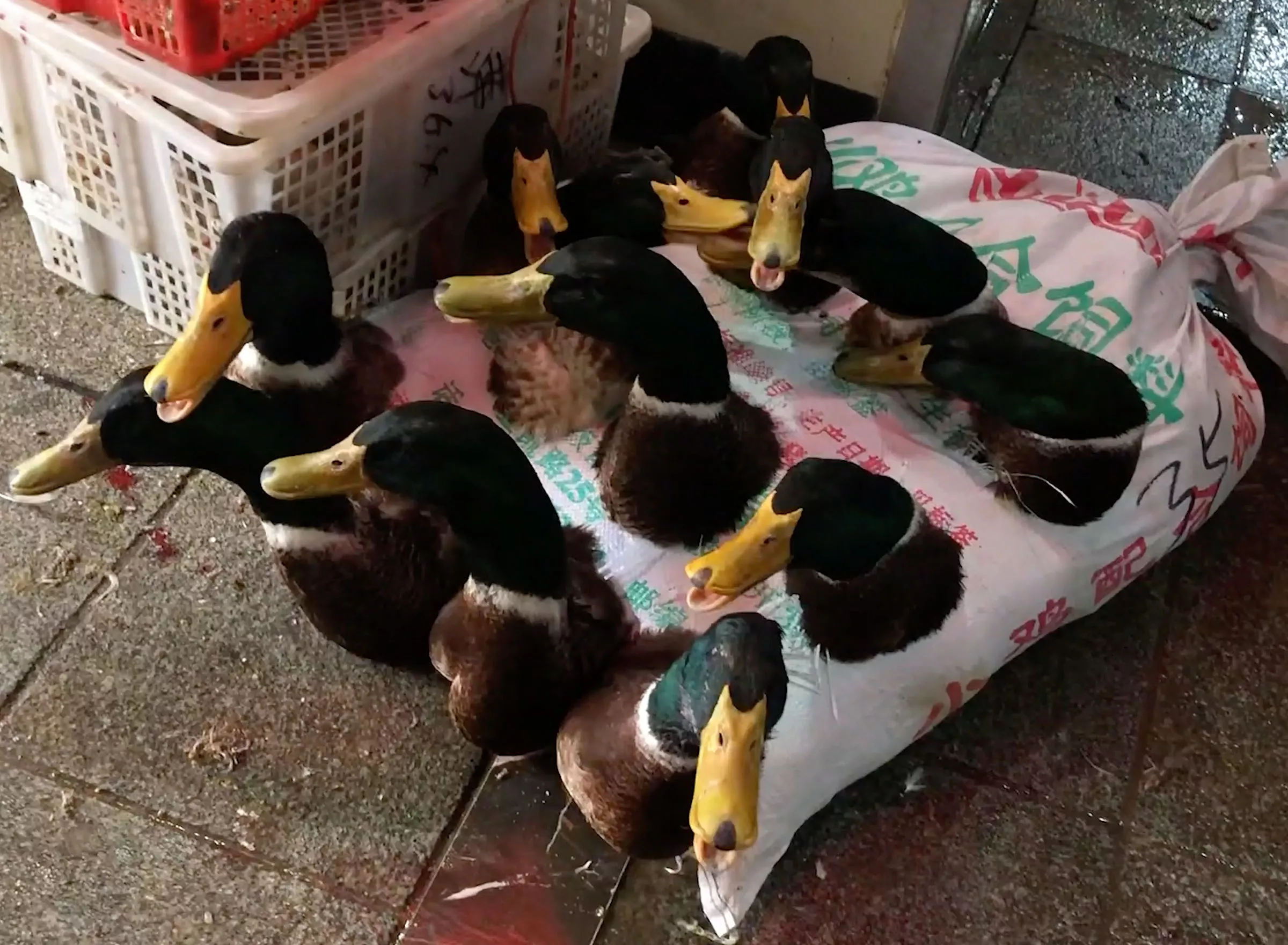
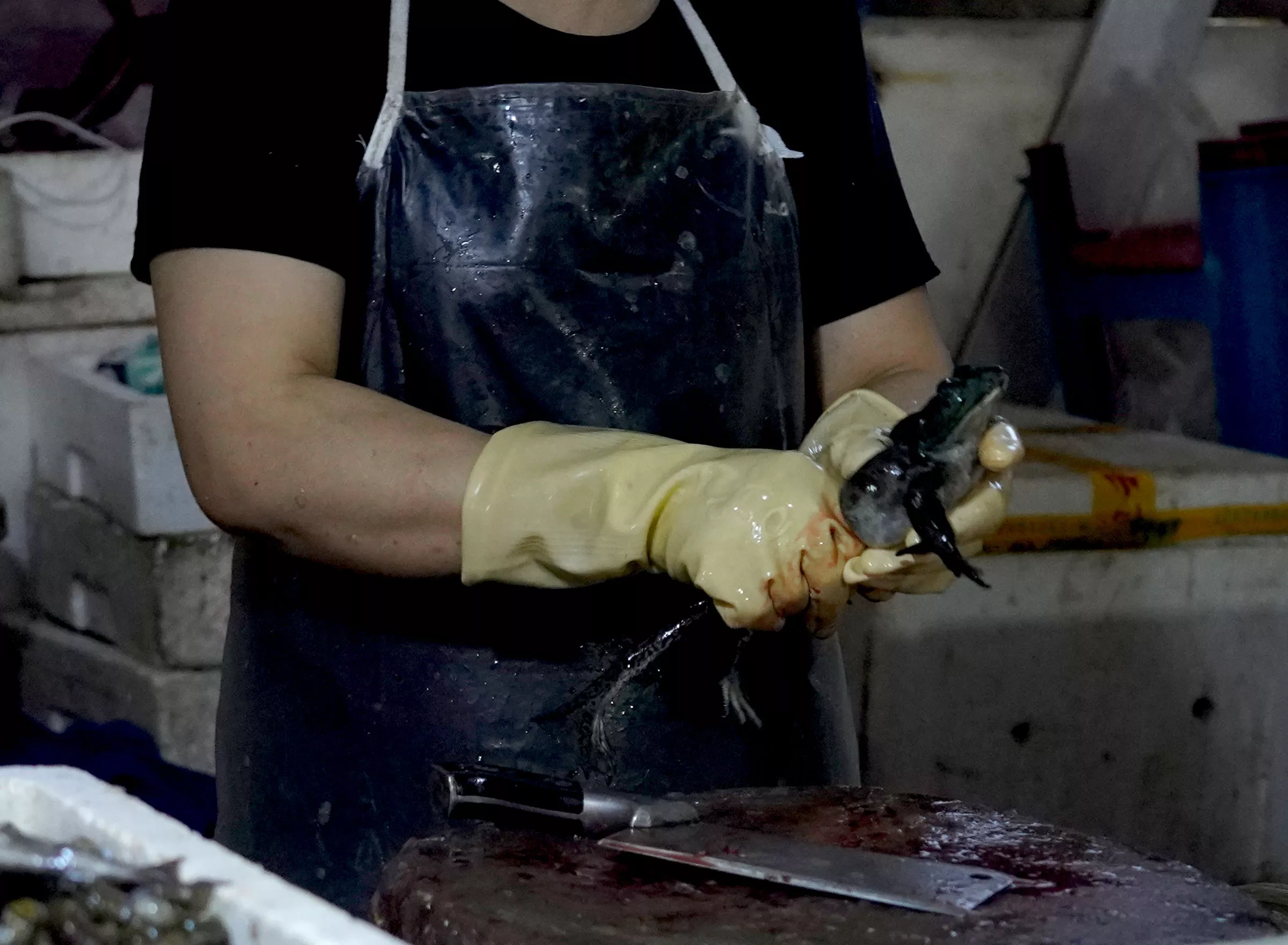
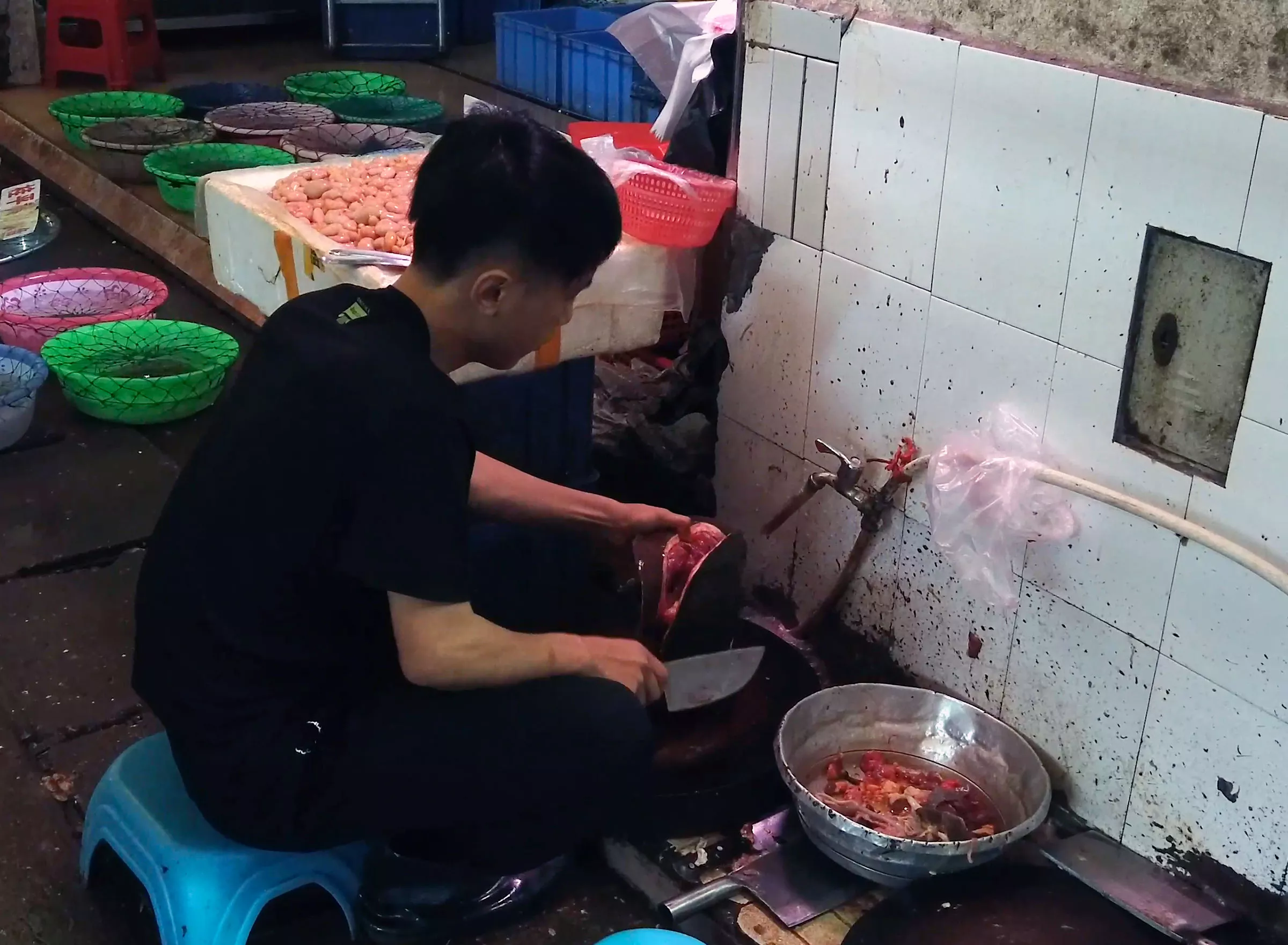
WET MARKET INVESTIGATION
APRIL, 2020
AN IMMEDIATE THREAT TO PUBLIC HEALTH
In April, Animal Equality launched a worldwide campaign and petition calling for the immediate closure of wet markets across the globe. Wet markets get their name in part from the blood, guts, scales and water that soak the stalls’ floors, remnants from animals brutally killed for customers who desire to eat freshly killed meat.
In exclusive footage shot by Animal Equality at wet markets in China, Vietnam, and India, animals such as deer, raccoons, crocodiles, and dogs are shown living in filthy conditions, suffering from dehydration, starvation and disease.
These markets are also a threat to public health and have been the source of documented disease outbreaks in the past, including SARS. Researchers also believe COVID-19 most likely originated from a wet market in Wuhan, China, notorious for trading in wild animals.
It is because of the public health crises wet markets cause, as well as the intense suffering inflicted on farmed animals, that Animal Equality is urging the United Nations to ban all wet markets. Not only do these markets pose an immediate danger to humans, but they are also intensely cruel and abhorrently inhumane to animals.
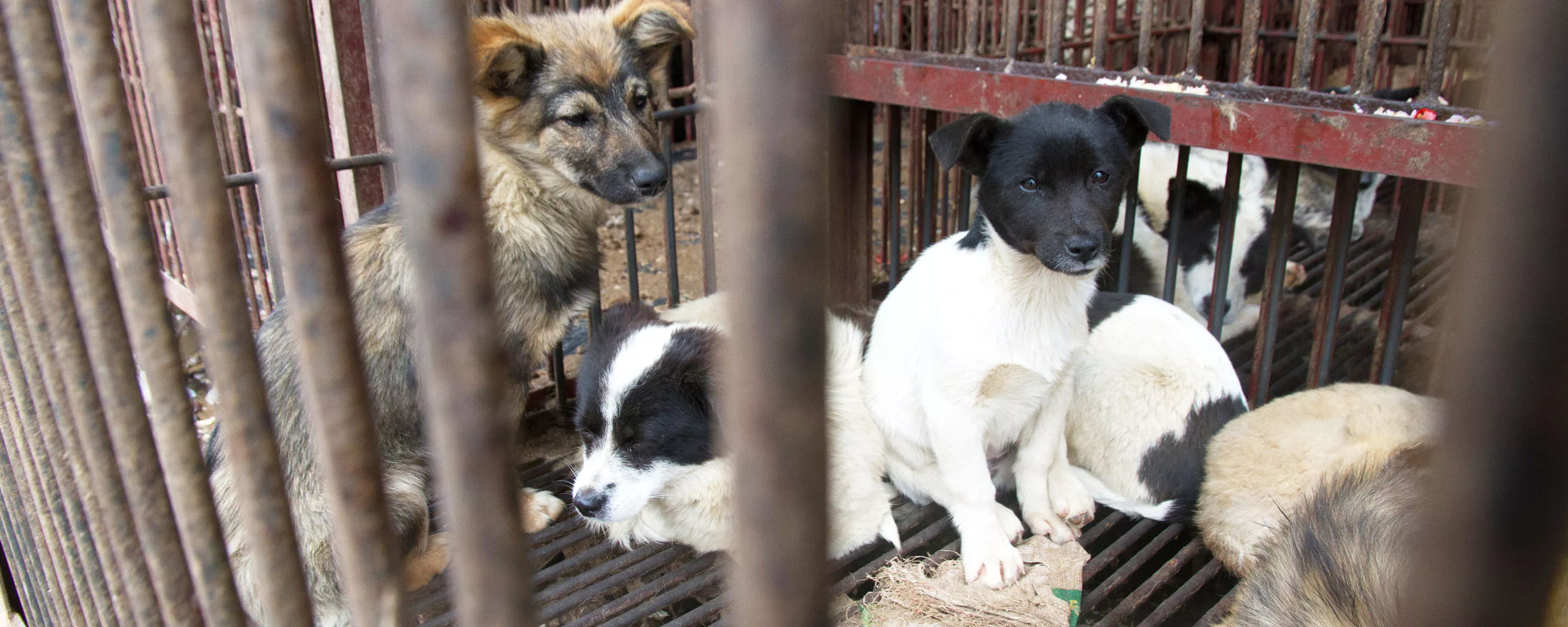
3 out of every 4 new or emerging infectious diseases in people come from animals.
Report on Zoonotic Diseases
Centers for Disease Control and Prevention
HELL ON EARTH FOR ANIMALS
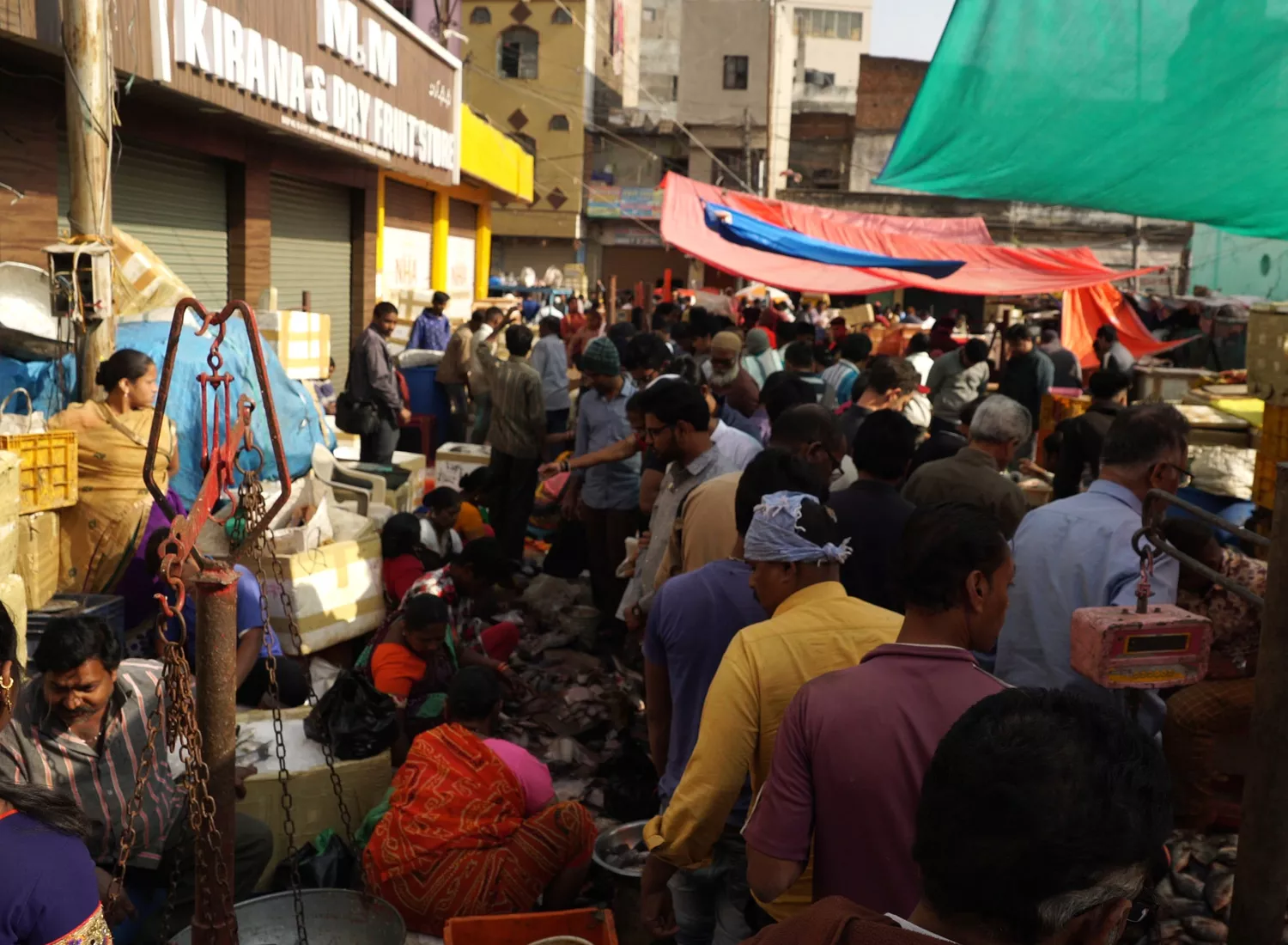
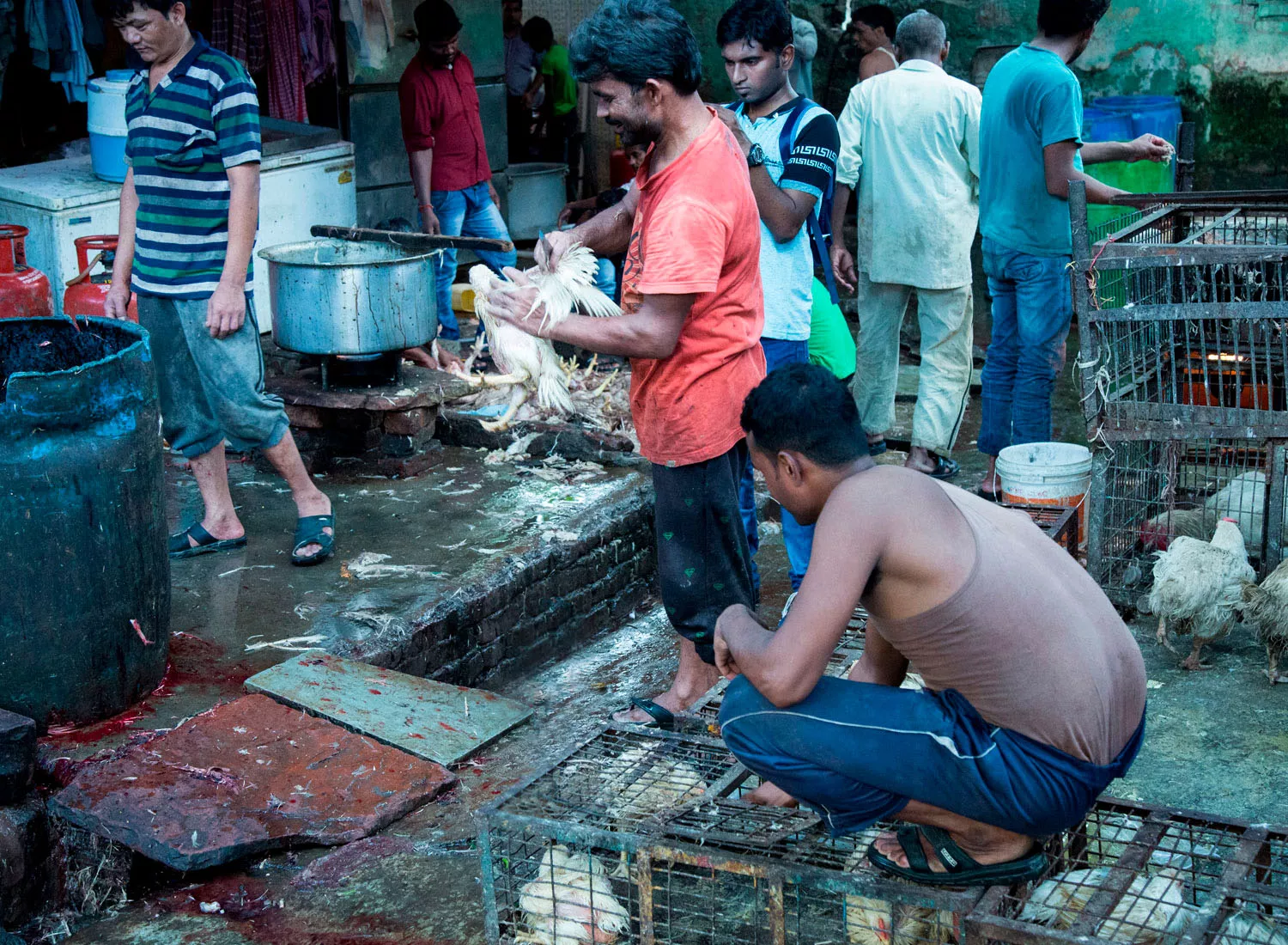
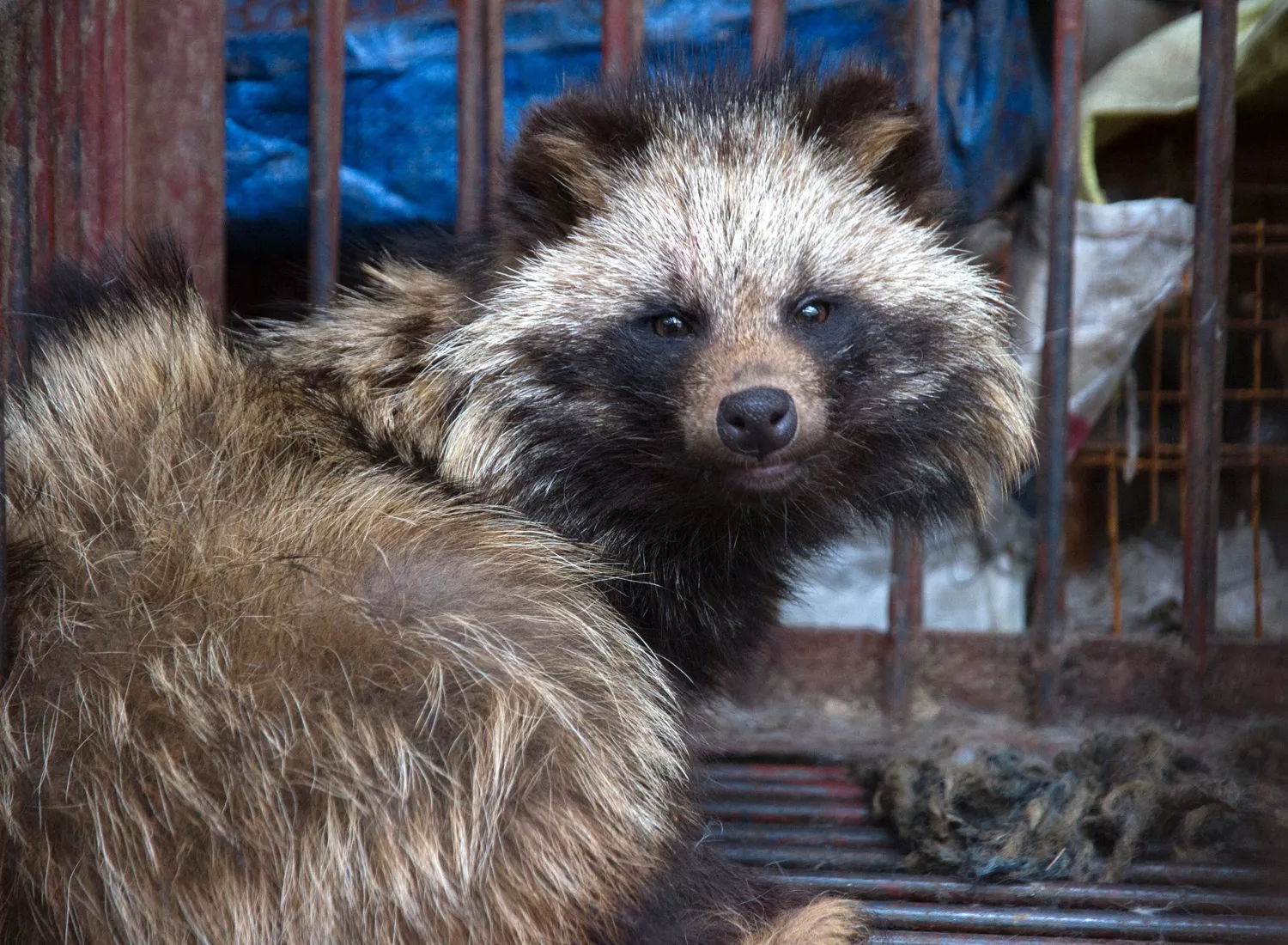
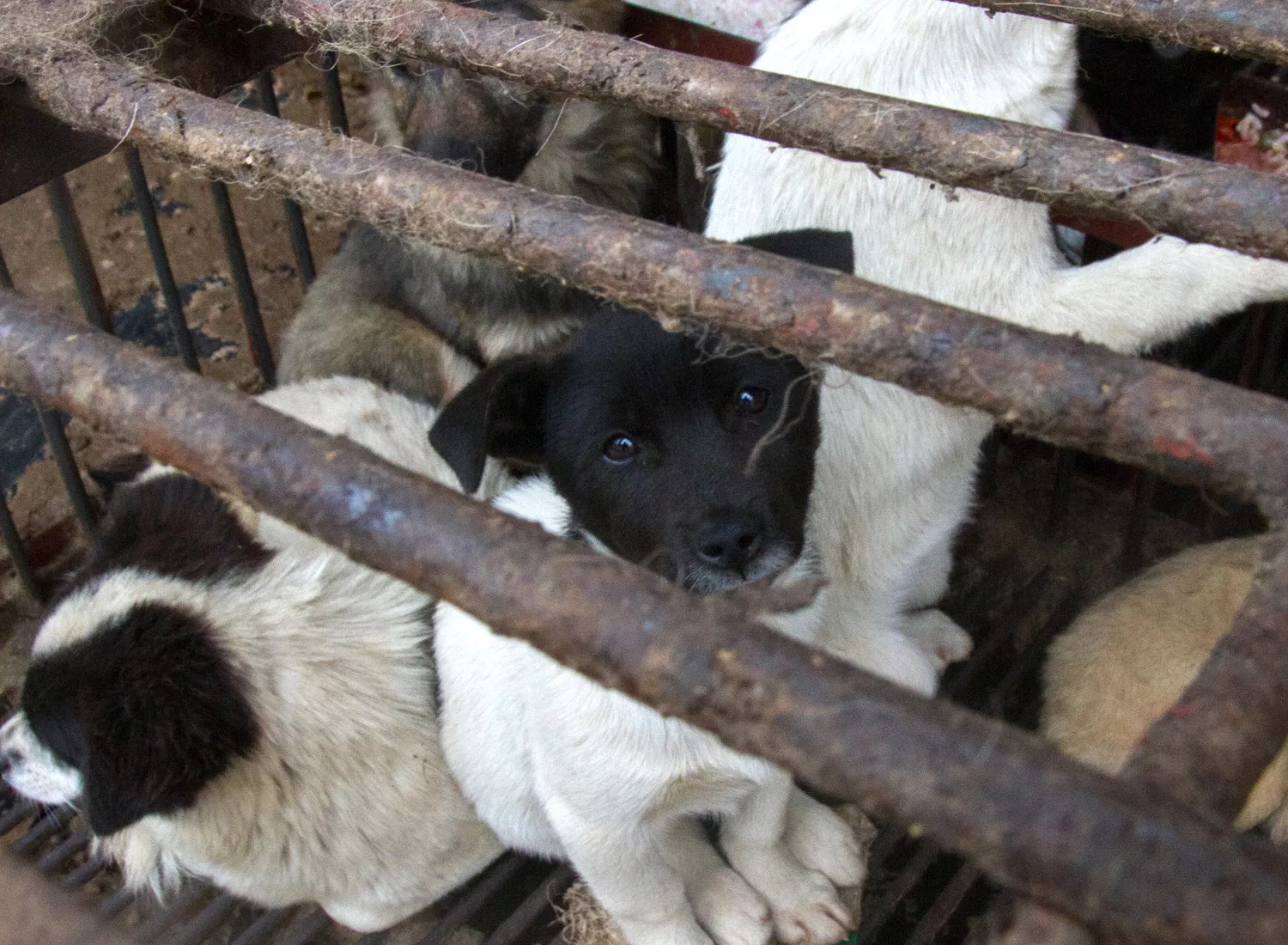

I think we should shut down those things [wet markets] right away. It boggles my mind how when we have so many diseases that emanate out of that unusual human-animal interface, that we don’t just shut it down. I don’t know what else has to happen to get us to appreciate that.
Dr. Anthony Fauci

If you take wild animals and you put them into a market with domestic animals or other animals, where there’s an opportunity for a virus to jump species, you are creating … a superhighway for viruses to go from the wild into people. We can’t do this anymore. We can’t tolerate this anymore. I want the wild animal markets closed.
Dr. Ian Lipkin

The animals have been transported over large distances and are crammed together into cages. They are stressed and immunosuppressed and excreting whatever pathogens they have in them. With people in large numbers in the market and in intimate contact with the body fluids of these animals, you have an ideal mixing bowl for [disease] emergence.
Prof Andrew Cunningham

